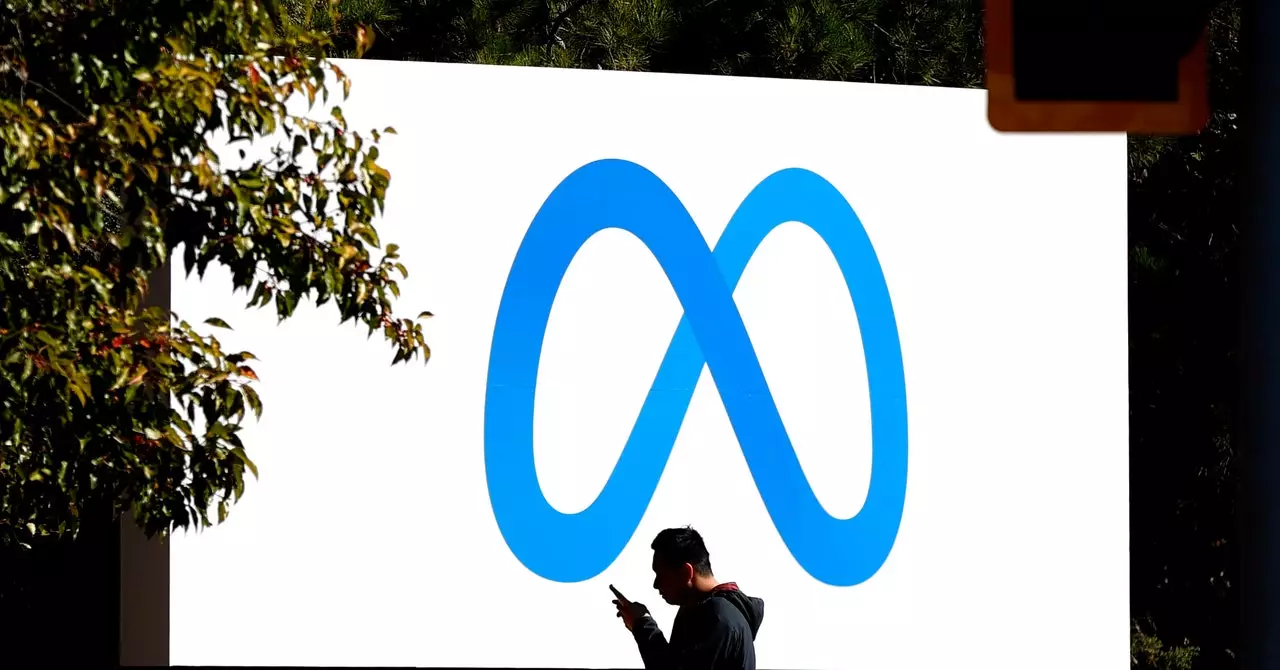In recent years, social media platforms have reshaped how information is disseminated. The dialogue surrounding this transformation has grown increasingly critical, particularly regarding its impact on journalism. Former Biden administration disinformation czar Nina Jankowicz articulated a stark viewpoint, suggesting that Facebook’s policies contribute to the eradication of traditional journalism. As these platforms embrace alternative forms of content moderation, the implications for news integrity and freedom of expression become more concerning.
Mark Zuckerberg, CEO of Meta, recently announced plans to relocate his company’s trust and safety team from California to Texas. This move is perceived as part of a broader initiative to promote free speech while reducing accusations of bias from the platform’s content moderation teams. However, such steps raise significant questions—can a global company truly shed biases simply by changing geographical locations? The crux of the issue lies not in the physical site of moderation but in the very framework through which it operates. By positioning his decisions as a commitment to freedom, Zuckerberg may be neglecting the deleterious effects on journalistic standards in the effort to win back trust among his user base.
This initiative also coincides with Zuckerberg’s outreach to powerful political figures like Donald Trump, potentially signaling an alignment with far-right ideologies. This move appears designed to compete with Elon Musk’s strategies over at X (formerly Twitter), a platform that has famously rejected traditional moderation for a more hands-off approach. Social media’s trajectory suggests a race not only for users but also to define what information is considered acceptable.
In a bid to counteract disinformation, Meta intends to adopt a volunteer-driven model similar to the Community Notes initiative on X. This approach allows users to write notes on posts that can only be published if approved by other users. On paper, this concept of community oversight sounds appealing; it implies a collective effort to hold content accountable and ensure diverse viewpoints are considered. Yet, historical precedents hint at a troubling reality.
The Community Notes initiative on X, implemented under the original BirdWatch title, has, in practice, often exacerbated issues related to misinformation and harassment. Critics argue that relying on user-generated context is fraught with complications, including groupthink and manipulation, leading to the very disinformation that these measures aim to combat. The enthusiasm surrounding community-driven content moderation overlooks the complexity of human biases and the potential for systemic failures in curbing harmful content.
Critics of Meta’s recent decisions, including watchdog groups like the Real Facebook Oversight Board, characterize these changes as a retreat from effective moderation. They argue that censoring information is a convenient facade to mask a more insidious engagement with far-right propaganda. This depiction of censorship as a “manufactured crisis” reveals the tensions within the quest for a balanced approach to information dissemination. Rather than fostering freedom, such shifts may pave the way for more destructive forms of information manipulation unchecked by rigorous oversight.
Moreover, the declaration of a marketing strategy to rebrand content moderation may lead to disillusionment among journalists who depend on factual integrity. As newsrooms grapple with dwindling resources, the funding provided by platforms like Facebook for fact-checking becomes vital. But this reliance also breeds vulnerability; if platforms change their policies, as Zuckerberg’s recent actions suggest, journalists may find themselves caught in the tides of social media whims.
As we navigate the complexities of information sharing in the digital age, the relationship between social media platforms and journalism grows increasingly intricate. The potential retreat of platforms from robust content moderation threatens not only public discourse but also the very foundation of journalistic ethics. Moving forward, it will be critical for all stakeholders—journalists, platform users, and regulatory bodies—to advocate for transparent, equitable, and effective approaches to information sharing that honor the principles of journalism while accommodating the evolving landscape of digital communication. The survival of informed society rests upon our collective capacity to confront these challenges head-on.

